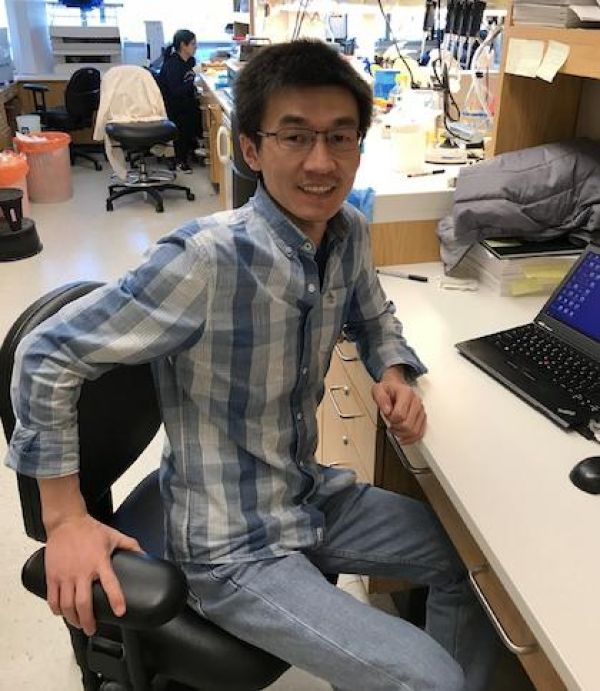UT Southwestern researchers have identified two proteins that act as gatekeepers to dampen a potentially life-threatening immune response to chronic infection.
The proteins – the transcription factors SIX1 and SIX2 – activate cellular pathways required for fetal development and later switch to a new role in which they repress these pathways in adult immune system cells. The findings are published today in Nature.
“This work provides insight into the molecular components required to limit tissue damage associated with uncontrolled inflammation, such as in septic shock, and reveals how cancer cells may suppress the innate immune system during tumor genesis,” said Dr. Neal Alto, Professor of Microbiology at UT Southwestern and corresponding author of the study.
Transcription factors are proteins that bind to special regions of DNA to turn genes on (activate them) or off (repress them). “One of the surprising findings was that a transcription activator that is essential for the development of tissues and organs has been repurposed as a transcriptional repressor in the immune system. While transcription factors can be used differently in various stages of life, a switch from a transcriptional activator in the fetus to a suppressor in adult immune cells is infrequent,” said Dr. Alto, who holds the Lorraine Sulkin Schein Endowed Distinguished Professorship in Microbial Pathogenesis. Dr. Alto is also a UT Southwestern Presidential Scholar and a Rita C. and William P. Clements, Jr. Scholar in Medical Research.
Read more at UT Southwestern Medical Center
Image: Dr. Zixu Liu (Credit: UT Southwestern)


